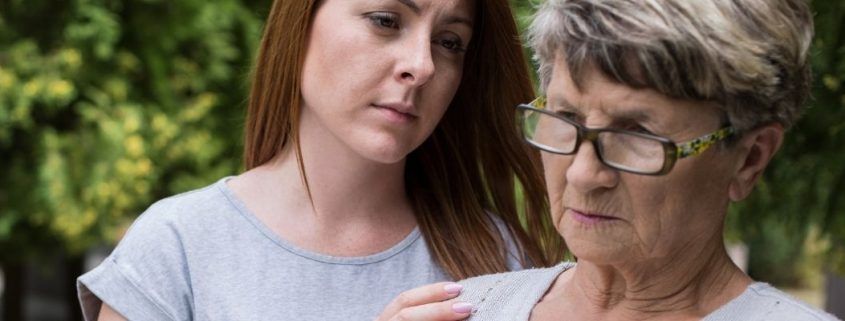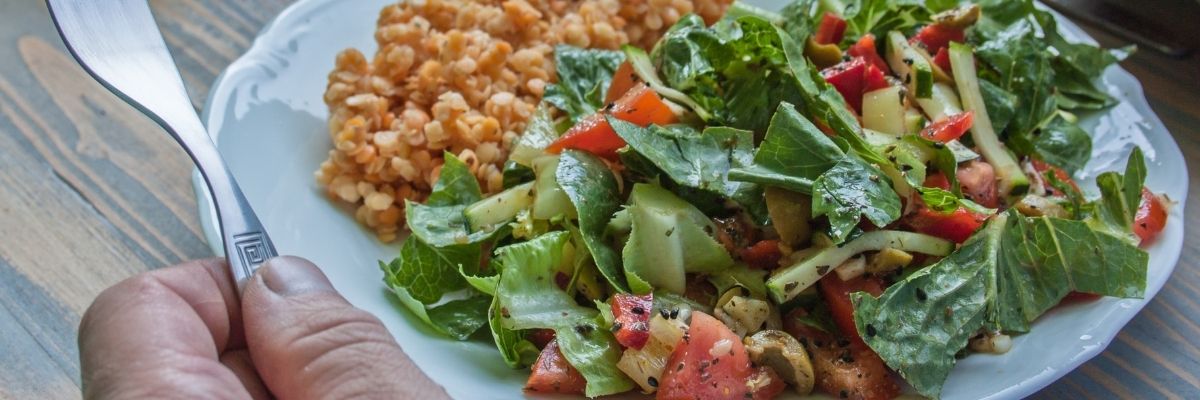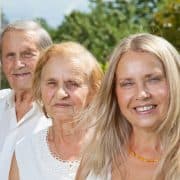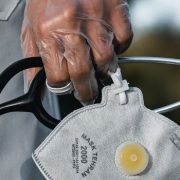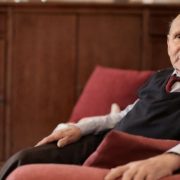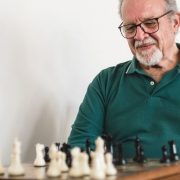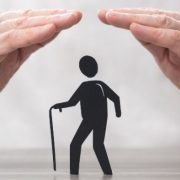Lack of appetite in the Elderly
Lack of appetite in the Elderly is a common problem. A minor loss of appetite is a natural part of getting older. However, if your loved one refuses to eat more and more often, it can lead to a dangerous state of malnutrition. How to help them?
Causes of lack of appetite in the Elderly
The problem of lack of appetite in seniors is complex and can be caused by many factors. Seniors may struggle during mealtime due to the slower metabolism. We tend to burn fewer calories as we age thus the Elderly simply are not as hungry as they used to be. At the same time, we need to recognize whether the problem with appetite is not coming from somewhere else. Here are some serious health conditions that may be an underlying reason for lack of appetite in elderly women and men:
- Chronic diseases – deteriorating health is the main cause of a sudden loss of appetite. Not wanting to eat is a common symptom of digestive system diseases, cancer, kidney failure, dementia or depression in the Elderly. Additionally, medications have a plethora of side effects including dry mouth, nausea, diarrhoea, and constipation, which will make it impossible to maintain healthy eating habits.
- Problems with taste and smell – As we age, we lose significant number of our taste buds. Dishes that used to be full of seniors favourite flavours now are bland and unappetizing. Dishes that the senior used to eat, now he will not necessarily like it. It may be useful to introduce some changes in a daily menu both to avoid dangerous weight loss and to encourage regular intake of food.
- Oral problems – pain while eating will effectively discourage regular consumption. Missing teeth or a poorly fitted denture will make meal time unpleasant and challenging.
- Lack of physical activity – it’s no secret that increased physical activity boosts the appetite. Older people often lead a sedentary lifestyle. That is why it is worth encouraging seniors to take daily walks or work in the garden. Physical activity not only increases the appetite, but also have a positive effect on the general well-being of your elderly loved one.
How to stimulate the appetite in the Elderly?
How to make eating a meal cease to be an unpleasant necessity? We need to critically look at the dietary habits of our elderly loved ones. They are often far from ideal and this area needs to be addressed in order to combat lack of appetite in the elderly. Change the frequency and size of meals served. An elderly person may be discouraged by a mountain of food on a large plate. They will be stressed and anxious about not being able to finish a whole meal. It is much better for seniors to eat small portions more often (4-5 meals every 3-4 hours).
How to stimulate a senior’s appetite? What you cook is also important. The digestive system of seniors may not cope with the digestion of fatty foods and hard vegetables. Bet on unprocessed and fresh products. Avoid powdered ingredients and ready-made meals from the jar. Don’t know how to modify the menu of an elderly person? Read out article about nutrition for elderly. In order to introduce a positive change in the life of a senior healthy diet should be introduced.
Natural appetite boosters for seniors
Lack of appetite in elderly women and men does not need to be immediately treated with medicine. There are many pharmaceutical drugs to improve the appetite. In addition to traditional tablets, we can find high-calorie shakes with various delicious flavours. If your elderly loved one is struggling with symptoms of malnutrition for a long time, consult a GP.
However, at the beginning, you can try natural ways to increase a senior’s appetite. Some of them are:
- Ingredients that increase appetite – mainly spices and herbs. Adding basil, limb, coriander, fennel, cumin, thyme, marjoram or savoury to cooked dishes will stimulate the appetite due to the high content of essential oils.
- Adequate hydration – Seniors who lack appetite on a daily basis also tend to become dehydrated quickly. Make sure that the person you care for drinks the right amount of water. You can also give them infusions of peppermint, fennel, anise or dandelion, which have a positive effect on appetite.
- Food presentation and company during mealtime– colourful, varied and nicely served dishes will encourage the elderly to eat more. Adjust their appearance and consistency according to the Elderly’s preferences. Think about what they like – favourite dish will disappear from a plate quickly! The atmosphere during the meal is crucial as well. Under no circumstances should an elderly person be stressed or rushed. This will only deepen the feeling of helplessness and perpetuate negative stimuli in the psyche. Support the senior, encourage them to cut and eat on their own (you can introduce finger food). Additionally, for lack of appetite in the Elderly, we recommend keeping company during the meal.
Before introducing any additional herbs or spices into the patient’s diet, consult their GP or make sure they are not allergic.

